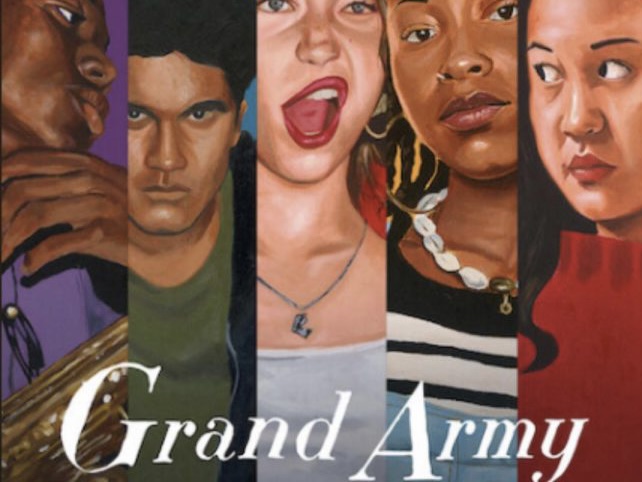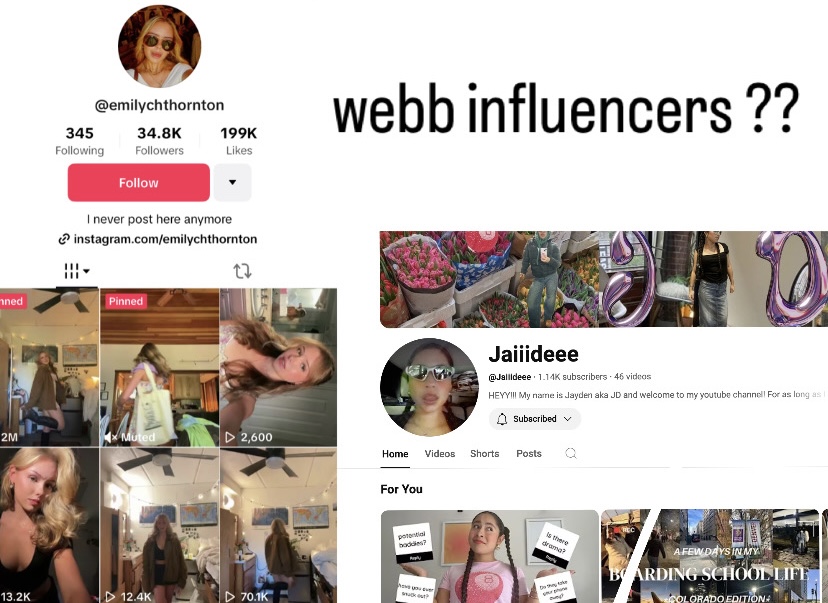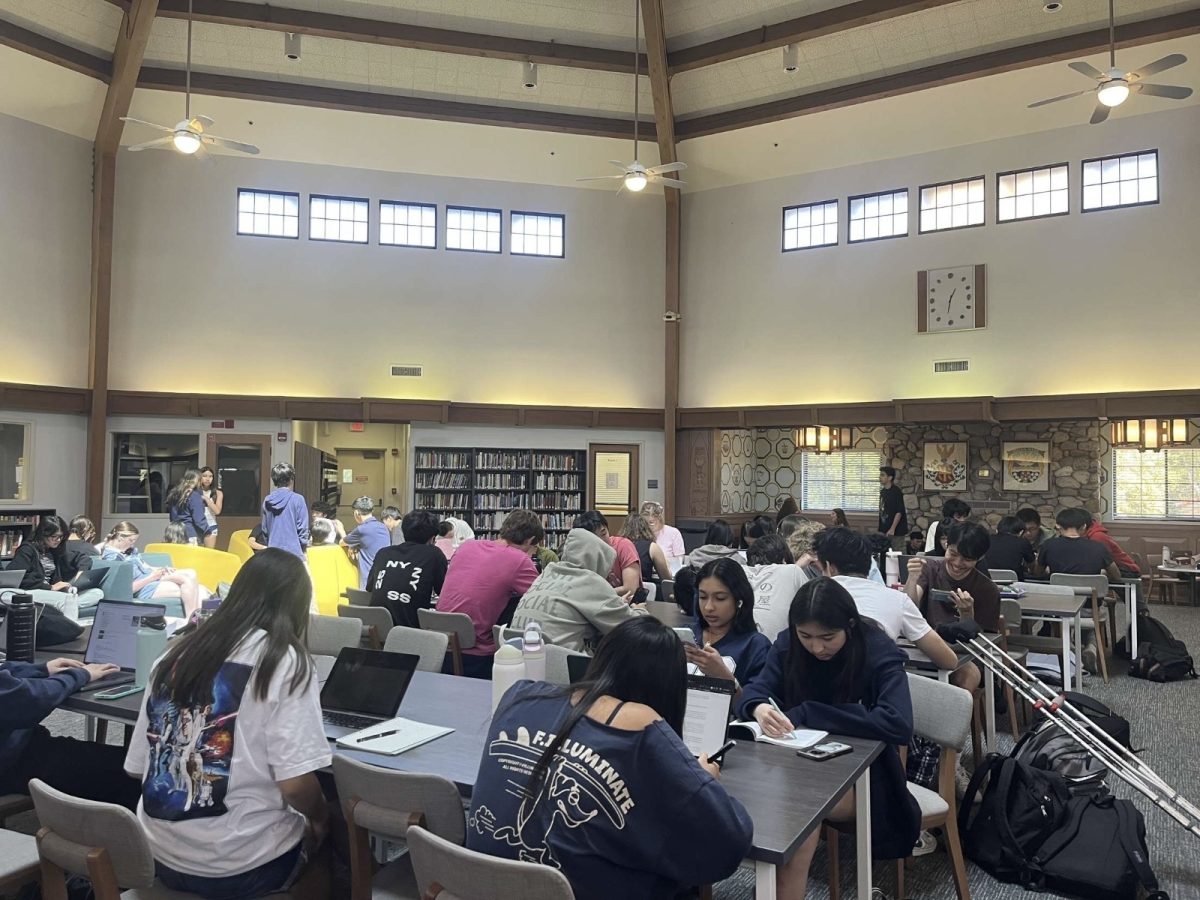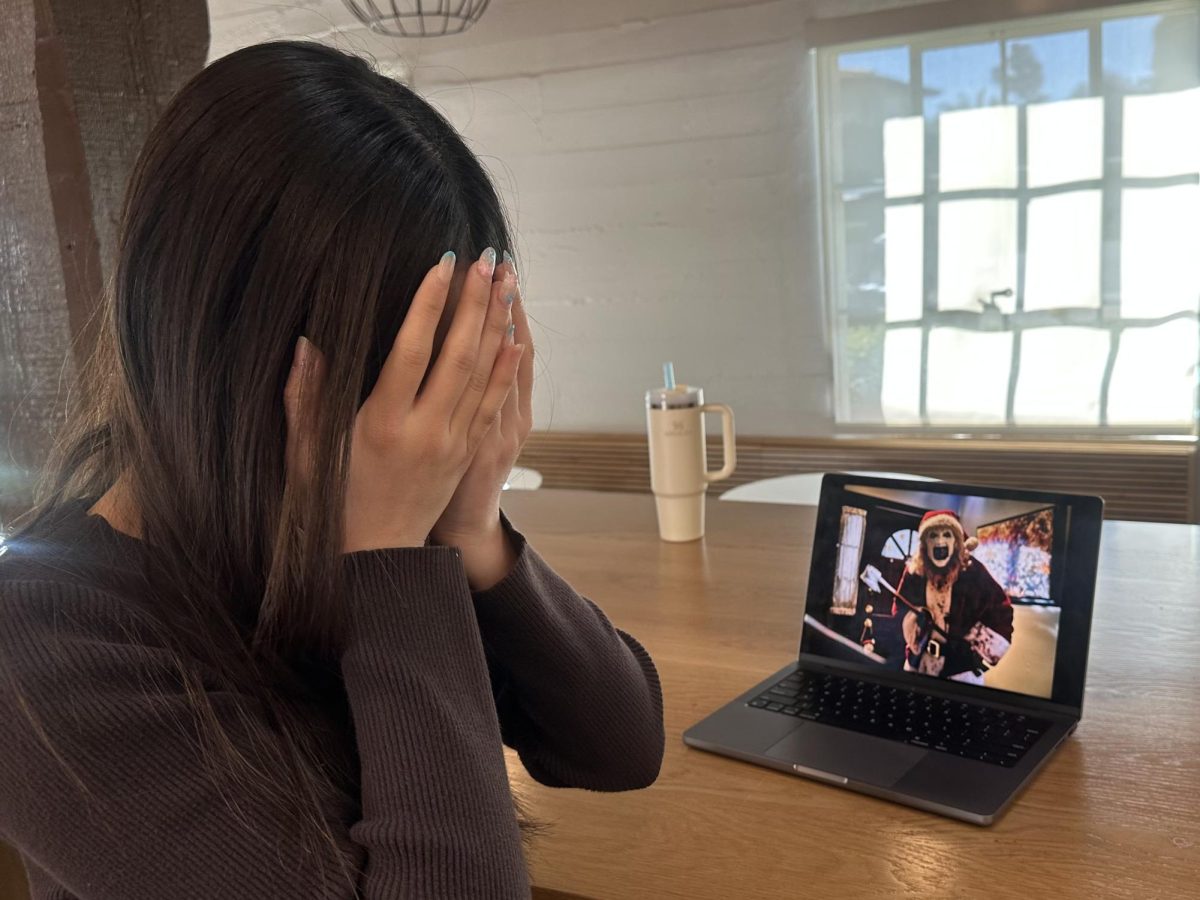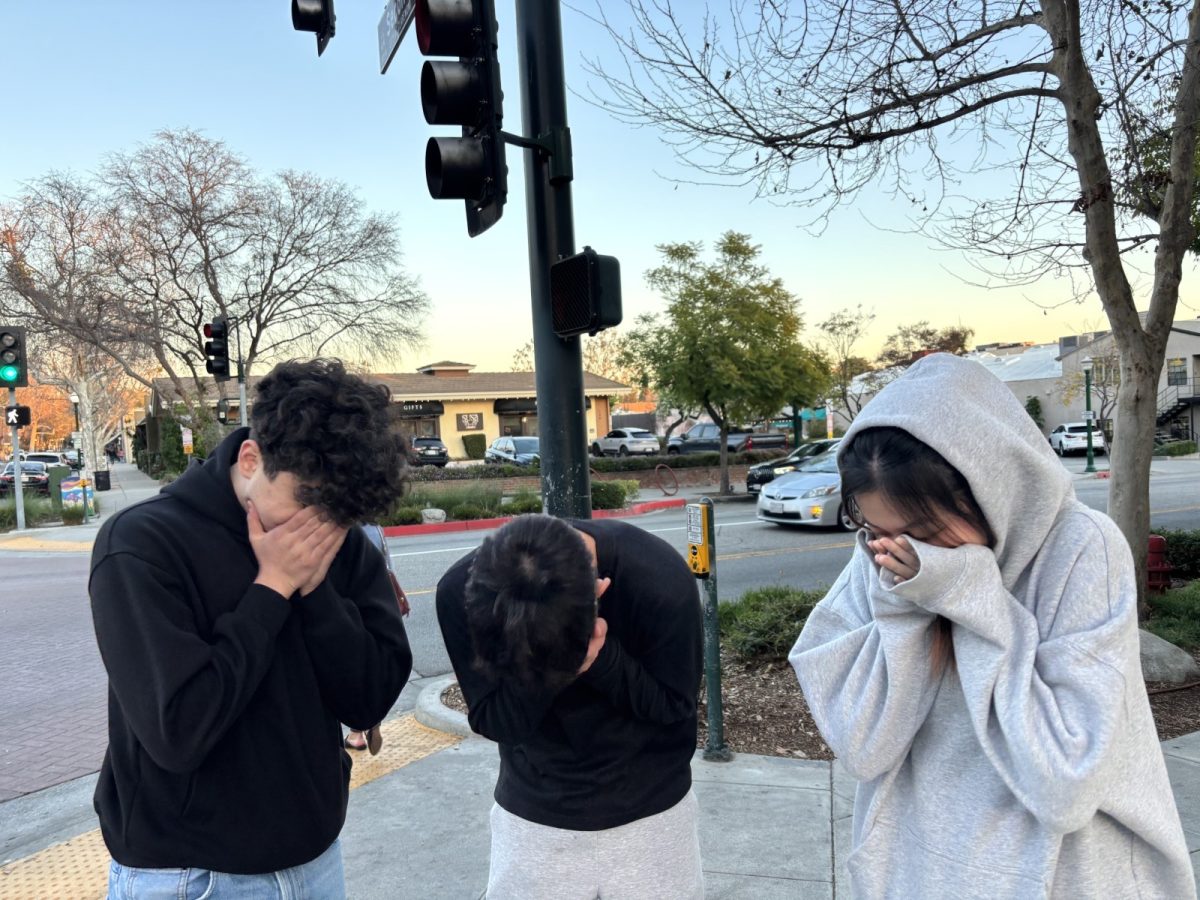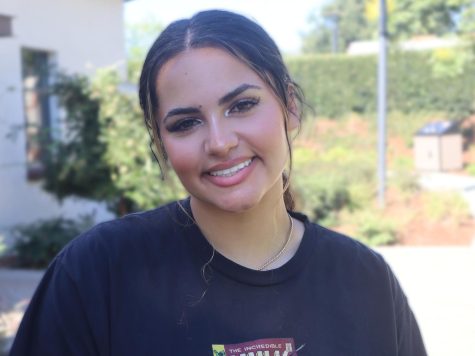Grand Army, Netflix’s new teen drama, has caught the eye of many teenagers and fellow Webbies. With a fairly average score of 71% on Rotten Tomatoes, has received responses that are primarily positive.
Katie Cappiello created Grand Army as an adaptation of her most well-known play Slut. Slut follows the life of Joey Del Marco, a 16–year–old who was sexually assaulted. Similarly, Grand Army follows Joey along with four other high school students among different grades at Grand Army High School, the largest public school in Brooklyn, New York.
Joey begins the show as the most popular girl at Grand Army High School and a contender for dance team captain. She is an activist, who focuses on advocating for women’s rights. Not too far into the show, Joey is sexually assaulted by boys she once considered to be close friends. She goes through a downward spiral due to the assault affecting her mental, emotional, and physical health. Joey is portrayed as one of the strongest female characters, so to see her so negatively affected due to the actions of boys she trusted is heartbreaking. The show’s writers remind the audience of the ugly truth of sexual assault that people are often taken advantage of by their close friends.
Another lovable character is Dominique Pierre. Dominique is extremely driven in her educational pursuits as well as the hustle of trying to support her family financially. Dominique is a sweet girl and sometimes a pushover, which results in her struggle with prioritizing herself over her family. Unlike many other characters, she does not struggle with discovering herself and who she wants to be, but rather, she deals with how to get there and achieve her goals. Dominique is also passionate about racial injustices in her community, considering that she frequently experiences it first-hand. Dominque is a relatable character for those who are driven and may overcommit themselves. Overachievers find it difficult to sustain a social life as well as maintain good grades.
Jayson Jackson is a music prodigy and bonds over his love of music with Owen Williams. Owen experiences an altercation at school, which is mishandled due to the racial injustices in the community that cause him to suffer more than necessary. Jayson struggles with helping Owen and joins the Black Student Union in order to help his friend who currently wants nothing to do with him. Jayson, who faces the struggle of racial injustice and losing a friendship, helps move the focus of the Black Student Union to the racial injustices going on in the school as well as Owen’s unjust suspension. Jayson’s storyline is not relatable to everyone; however, his experience of losing a friend is commonly shared.
Siddartha Pakam is a first–generation American and his parents originate from Delhi, India. He struggles as a minority due to his Indian background and due to being a part of the LGBTQ+ community. The audience can infer that he is gay due to his interest in a male classmate; however, he does not come out until his college essay is leaked to his entire school. His college essay talks about his struggles with being gay as well as racial stigma around the community due to a recent bombing. Being gay was something his family would consider unacceptable, which is why he tried to avoid coming out. The LGBTQ+ representation is simply the cherry on top to the already extremely diverse cast. Fans hope to see Sidd’s journey as he becomes more comfortable in his own skin.
Unlike many of the other characters, Leila Zimmer is extremely difficult to like. In the beginning of the season, the audience sympathizes with Leila as she struggles with her racial and social identity because of her adoption into a white family, which has caused her to feel disconnected from her Chinese background. The audience soon finds out that Leila is simply a narcissist, and her insecurities push her to fight for attention from everyone around her. She seeks attention from guys which causes her to interfere in other people’s relationships. Her victim complex makes her completely unbearable; however, her feelings are warranted due to how much she is struggling with finding her identity just like every teenager. Her immature actions are what make her a generally aggravating character. When Leila is being spotlighted, there is often a scene that shows her as a cartoon character. This scene is shown to give viewers an insight into Leila’s mind and the fantasy world she created in which she is worshipped; however, at times, these scenes are very random and irrelevant to the storyline.
“The comic/cartoon events that randomly popped up were too much and they did not really add anything,” Francesca Lascano (‘23) said.
Besides the awkward cartoon breaks, Leila is needy and irritating, which thankfully leaves much room for character development. In a season of only nine episodes, character development can be difficult to showcase. Leila has a lot of potential as a character, and fans hope to see her character grow in season two.
By allowing the show to display five different characters, the audience can see five extremely different perspectives of one school. Most would agree that if Leila was the only character, we would simply click off after the first episode.
“I like it since there is not only one main character, and it does not necessarily spotlight one character,” Thea Do (‘24) said.
Grand Army does an amazing job of introducing Joey, Dominique, Sidd, Jayson, and Leila. Their storylines are thoroughly developed within the very few episodes, so hopefully Netflix renews the show for a second season, considering the last episode left the audience on the edge of their seats. Many students have said they believe Grand Army is an accurate representation of teen life in America.
“Despite being a really good representation of different feelings associated with high school, some of the events weren’t realistic,” Francesca said. “A lot of situations the main characters were in were too specific that not many teenagers could really relate to them. Otherwise, it’s a great series and probably one of my favorite teen dramas.”
It can be difficult to properly portray teen life, considering everyone has extremely different perspectives, and, although common experiences are shared, no one can undergo all the same events as their classmate. However, teens relate to Grand Army the most compared to many other teen dramas out now.
This accurate portrayal of modern teen life displays how teens can use their voice to help incite change. Grand Army puts a focus on how teens struggle with racial injustice, sexism, sexual assault, sexuality, and their social identities. It does not overdramatize these struggles, but it does not sugar coat them either. Grand Army’s realistic depiction of modern teen life is exactly what teens have been looking for in a teen drama.


